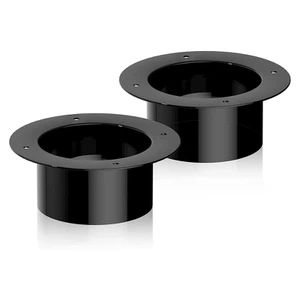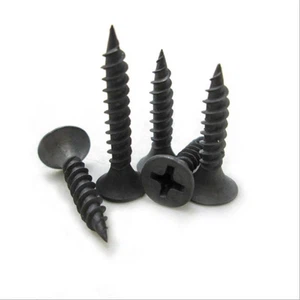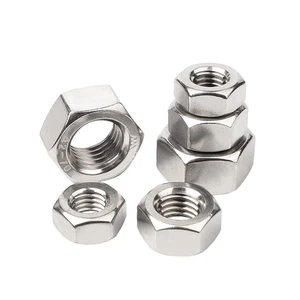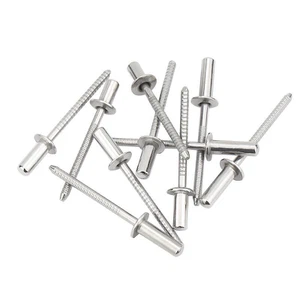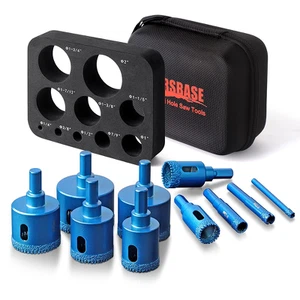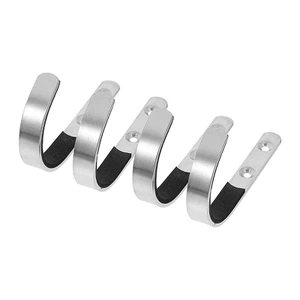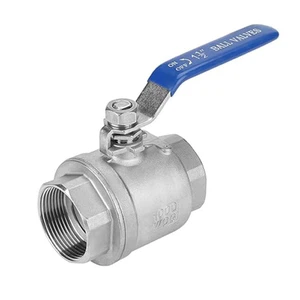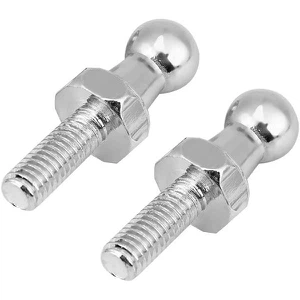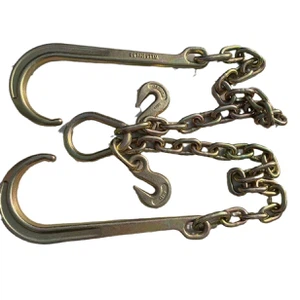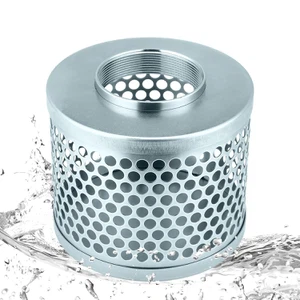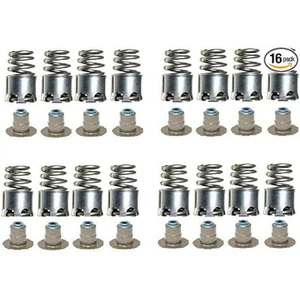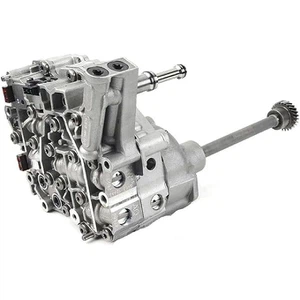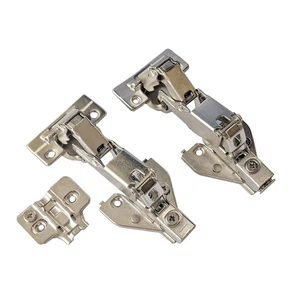Thick washers, also known as large washers, have a series of significant characteristics and a wide range of applications.
Firstly, the characteristics of thick washers are mainly reflected in their design and functionality. Compared to flat washers, thick washers are thicker and often feature protrusions of different sizes in the middle. This design not only prevents leakage caused by bolt displacement during fixation, but also better fills gaps, ensuring sealing and load-bearing pressure. In addition, thick washers are usually made of rubber or metal materials, allowing them to adapt to various sealing conditions and working environments.
In terms of usage, thick washers are widely used in various fields due to their excellent performance. In the manufacturing and construction industries, thick washers are often used at the connections between mechanical equipment and building structures to increase the connection area, disperse the connection pressure, and thereby improve the connection fastening force. In automotive maintenance and manufacturing, the role of thick washers is particularly important. They not only protect the connection structure, improve the connection effect, but also extend the connection life.
Specifically, the main uses of thick washers include:
Sealing function: Thick washers can fill the gap between two surfaces, ensuring sealing performance, preventing liquid or gas leakage, and avoiding equipment failures.
Vibration reduction and noise reduction: Thick washers can absorb the vibration or impact force generated during machine operation, avoid collisions and noise generation between parts, and protect the safety of equipment and personnel.
Load bearing pressure: Thick washers, due to their thick structure, can withstand significant pressure, ensuring the stability and safety of the connecting structure.
In addition, thick washers are widely used in connecting parts of automotive engines, such as flanges, bearings, and water pumps. In fields such as metallurgy, mining, and chemical engineering, thick washers also play an important role and are suitable for connecting high-strength and heavy-duty equipment, such as heat treatment furnaces, pressure vessels, pumps, and valves.
Overall, thick washers have become an indispensable and important component in modern industry and manufacturing due to their excellent performance and wide range of applications. When selecting and using thick washers, suitable materials, sizes, and types should be selected based on the specific application environment and requirements to ensure their optimal performance and lifespan.
What Are The Characteristics And Uses Of Thick Washers
Mar 13, 2024
Leave a message



